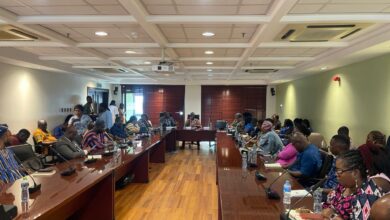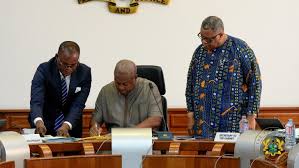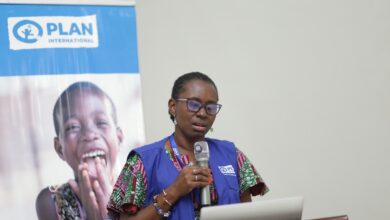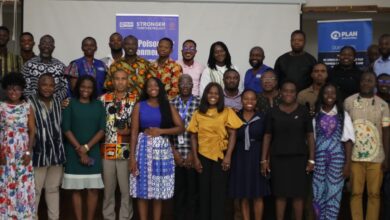Stakeholders advocate inclusion of WASH education in Ghana’s basic educational curriculum
Stakeholders advocate inclusion of WASH education in Ghana’s basic educational curriculum
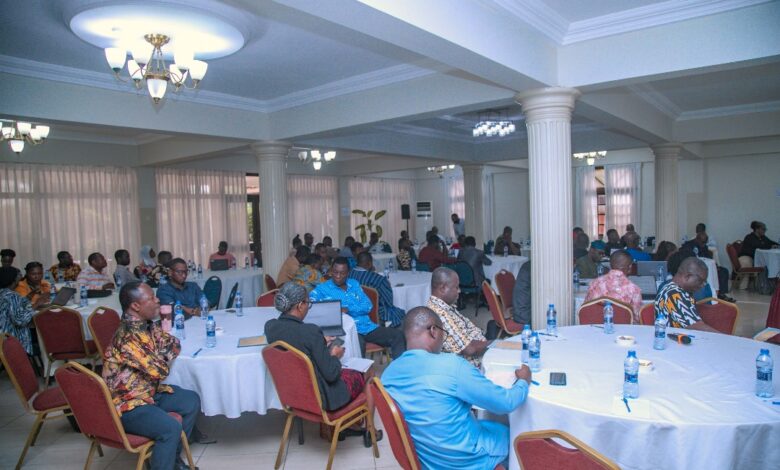
Stakeholders drawn from Civil Society Organisations (CSOs), Non-Governmental Organisations (NGOs), Metropolitan, Municipal and District Assemblies (MMDAs) are advocating for the inclusion of Water, Sanitation, and Hygiene (WASH) education into Ghana’s basic educational curriculum
The stakeholders made the call during the 106th edition of the National Level Learning Alliance Platform (NLLAP) hosted by IRC, in collaboration with the National Development Planning Commission (NDPC), CONIWAS, WaterAid, and other partners, together with the respective District Assemblies held in Accra.

They argued that integrating WASH into the educational curriculum will ensure that students receive a comprehensive education on WASH issues at their early stage.
According to the group, the call for the inclusion of WASH education into the basic educational curriculum is driven by the recognition that WASH education will promote good hygiene practices, improve health outcomes, and support sustainable development, which can have a significant impact on the health, well-being, and productivity of individuals and communities.

Behavioral change toward negative environmental practices has been one key factor contributing to poor WASH in schools, healthcare facilities, and communities, and based on this, the group believes that including WASH as a standalone subject to be taught in school can promote behavioral change and encourage individuals to adopt good WASH practices.
“WASH education can help prevent the spread of diseases, reduce morbidity, and mortality rates. Again, it will contribute to sustainable development by promoting water conservation, sanitation, and hygiene practices.
WASH education content should be age-appropriate and tailored to the needs of different age groups.
By including WASH education in the educational curriculum, stakeholders can work together to promote good hygiene practices, improve health outcomes, and support sustainable development,” some participants said.

The 106th edition of NLLAP was on the theme: “Strengthening local systems to deliver safe and sustainable WASH services: Reflections on District-Wide Approaches towards Meeting the Targets for SDG 6.”
The session was used to reflect on Ghana’s progress towards SDG 6 and share lessons from district-wide WASH interventions, highlighting how local governments and partners are collaborating to deliver services in diverse contexts.
It also explores how WASH plans are being integrated into Medium-Term Development Plans, examines what is working and what is not, and provides an opportunity for learning, dialogue, and the development of actionable recommendations to enhance planning and support the replication of successful approaches.

Some of the MMDAs which featured during the session were: Asutifi North, Asunafo South, Asunafo North, Tano North|, Bongo, and Upper Denkyira Municipality (UDEM), assemblies.

Also, Upper Denkyira Municipal Health Directorate of the Ghana Health Service (UDEMHD-GHS), and Neglected Tropical Diseases (NTD) Unit within the Ghana Health Service (GHS-National NTD Unit) made presentations on the day.


